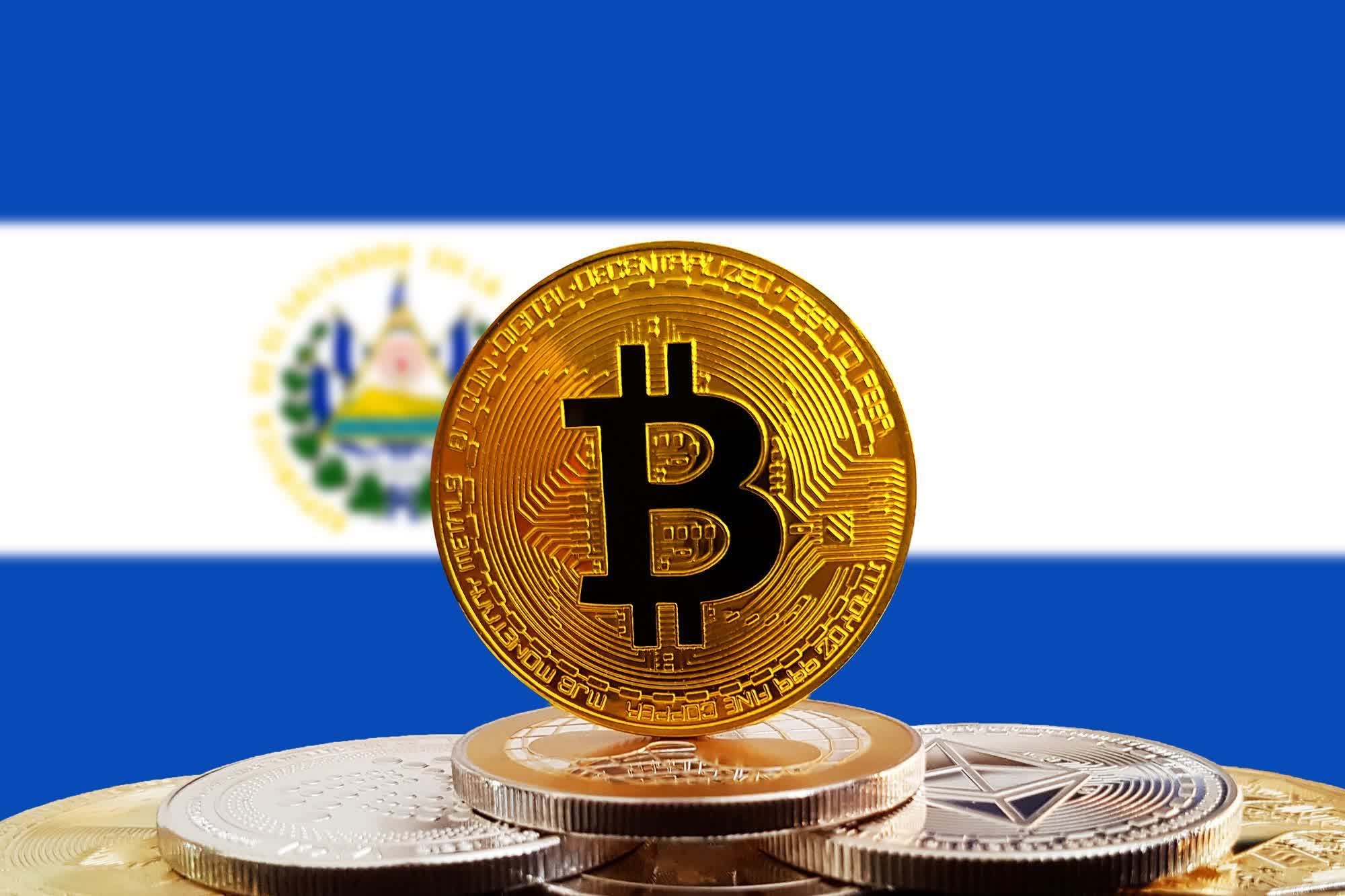In context: El Salvador's move to have the entire country accept Bitcoin after it became legal currency could face problems following the World Bank's decision not to help with the implementation. The international financial institution cited concerns over the environmental impact of Bitcoin mining and transparency.
Earlier this month, El Salvador became the first country to adopt Bitcoin as legal tender. It sits alongside the US dollar as the Central American country's official currency, with the exchange rate freely established by the market. Additionally, prices for goods can be shown in Bitcoin, tax contributions can be paid with the crypto, and exchanges involving Bitcoin will not be subject to capital gains tax.
El Salvador set a three-month deadline for Bitcoin to be accepted across the nation, but hitting that target may prove difficult after the World Bank said it must do so without the organization's assistance.
"We are committed to helping El Salvador in numerous ways including for currency transparency and regulatory processes," said a World Bank spokesperson in an email to Reuters.
"While the government did approach us for assistance on bitcoin, this is not something the World Bank can support given the environmental and transparency shortcomings."
1,000? How about 1,500?#BTC♻️🌋🇸🇻 https://t.co/PDApT7M7T5
--- Nayib Bukele 🇸🇻 (@nayibbukele) June 16, 2021
On Wednesday, El Salvador's Finance Minister Alejandro Zelaya said the country had sought technical assistance from the World Bank as it aimed to implement Bitcoin as an official currency.
Separately, Zelaya said that the International Monetary Fund was "not against" the crypto's implantation and ongoing negations had been successful, though the IMF did say there are "macroeconomic, financial and legal issues" with the process.
Bitcoin has fallen from around $39,000 yesterday to ~$37,600 at the time of writing. We recently heard that the Chinese crackdown on cryptomining and the decreasing value of BTC have seen demand for graphics cards in the Asian nation cool amid declining GPU prices.
Image credit: Useacoin
